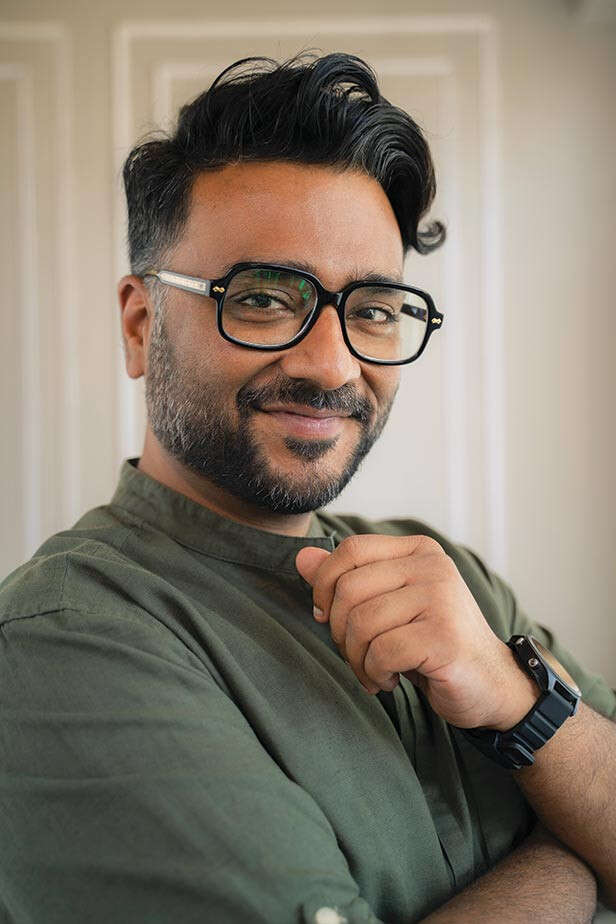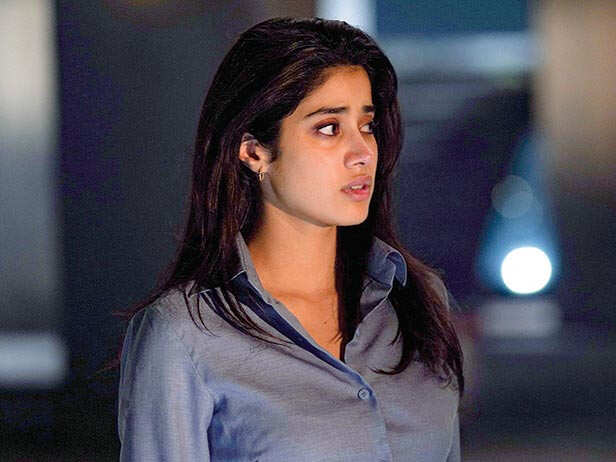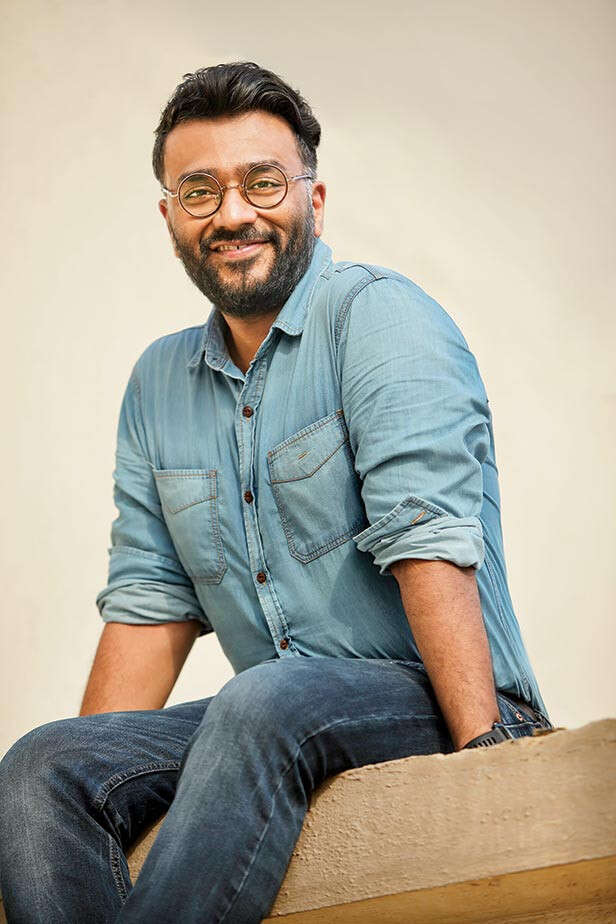EXCLUSIVE: “I’m deeply immersed in my work,” says Sudhanshu Saria

EXCLUSIVE: “I’m deeply immersed in my work,” says Sudhanshu Saria
[ad_1]
How has your journey been so far in the Hindi film industry?
I’m incredibly grateful and blessed for the opportunities I’ve had. It’s amazing to think about how far I’ve come, given that many people had to trust and support me to reach this point. There were years when I struggled just to get meetings or responses. But I kept working diligently on my craft and building a body of work. Those efforts have led to significant achievements in recent years, like leading a series for Amazon, making a film like Sanaa for my company, and undertaking a major project like Ulajh. I owe much to Junglee Pictures for their faith and innovative thinking, trusting me with such a project in today’s market. Reading the script, I saw its potential to redefine the spy thriller genre and offer something fresh.
How did you come on board for Ulajh?
I’ve always admired Junglee Pictures for their selectivity and trendsetting taste. I first encountered them while they were working on Badhaai Do. I received a thanks credit in that film. Later, when the script for this project arrived, I read it quickly and had a 45-minute discussion with my producer, Uzma, about it. At that time, I wasn’t aware I was being considered for the project. I was just sharing my honest thoughts as a friend. Eventually, Amrita Panday, CEO of Junglee Pictures wanted to meet, and I explained my vision for the film, including potential changes. My detailed perspective and clear vision made it easy to convey how I would approach the film. Amrita responded positively and we moved forward. Both of us are perfectionists, which has worked well in this collaboration. We focused intensely on the script, and Junglee’s passion for every detail of the story made it an ideal partnership.

Define your approach to direction.
Editing, casting and cinematography are crucial elements. I’m meticulous about every detail, from the third button on the fourth shirt to the height difference among extras, because every choice has financial implications. Normally, you get three months to prepare for a shoot, but we took eight. It took six months just to cast the right people and another three to four months to select our technical partners. Each decision about the cinematographer, editor and other key roles has a significant impact on the film, so we aimed for excellence and didn’t settle for less. I’m incredibly proud of the team we’ve assembled. Each person, from the cast to the technicians, is more skilled and hardworking than I am, and their collective efforts have shaped the film you saw. The positive feedback about the film’s fresh and unique look directly results from these careful selections. Watching this cast together on screen is truly exciting.
How was it working on Ulajh with such a talented cast?
Casting actors like Gulshan Devaiah, Roshan Mathew and Janhvi Kapoor, each with unique styles, was the highlight of this project. I’m very selective and passionate about casting actors whose work I admire. And Junglee supported this vision. We dedicated a month and a half to preparation, including workshops, look tests and various exercises. Each actor had different needs and required tailored direction to deliver their best performance. Casting against type was particularly exciting for me. Ultimately, the diverse cast enhances the film’s suspense, keeping the audiences engaged and guessing. Each actor adds depth to the narrative, making the unfolding mystery even more compelling.

What kind of a director-actor bond did you share with Janhvi Kapoor?
I’d describe our working relationship as a true partnership. From the start, I was committed to ensuring equal collaboration. Janhvi, with her experience, initially took some time to fully believe in this scenario.
I consistently emphasised that she was a partner in this project, not just executing my vision. As she grew to trust that her input was valued and not seen as overstepping. She fully committed her energy, expertise and passion to the film. This collaborative spirit defined our process. The film is not just mine; it’s ours.
When you’re making an intense film like Ulajh, how do you regulate the mood on the set?
I’m deeply immersed in my work, staying in the zone 24/7. If the atmosphere becomes too serious, I might lighten things up with jokes. Conversely, if things seem too relaxed, I get anxious. When things are going well, I tend to feel stressed, as I worry about becoming complacent. I believe that letting my guard down when everything seems perfect is when problems are most likely to arise.

What was the toughest day and the most memorable day on the sets of Ulajh?
There were many challenging days, each memorable in its own way. I prefer shooting on location rather than on the sets, despite the added difficulties. For instance, in Bhopal, we faced intense rain and flooding that made every moment a struggle to shoot. Similarly, in London, we shot a crucial sequence in a small apartment without air conditioning due to sync sound requirements. The heat made it incredibly uncomfortable for everyone, and shooting long takes added to the strain. I recall Janhvi and Roshan performing a 10-minute-long scene that required 20 takes, which meant over 200 minutes of intense acting. Roshan eventually expressed concern about his health, which was a rare moment of him showing signs of exhaustion. These experiences, combined with the constant need to ensure we had every shot we needed, kept me deeply immersed and on edge. My incredible cast, with their patience and high standards, often pushed me to keep going, even when it felt overwhelming.
What are the other projects in the pipeline?
I’m not a fan of the factory approach to filmmaking. I prefer to focus on one project at a time, similar to Aamir Khan’s method. Right now, I’m concentrating on the distribution and marketing of my film Sanaa, which has been well-received at international festivals. While there are exciting new ideas and projects on the horizon, I’ll take my time to thoroughly consider them before diving in.
[ad_2]




